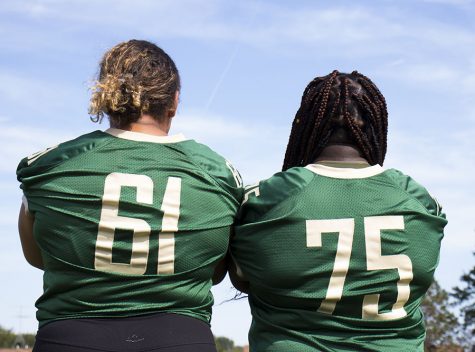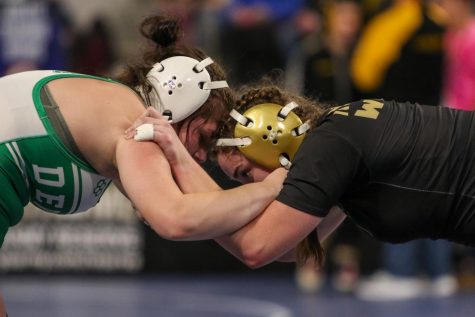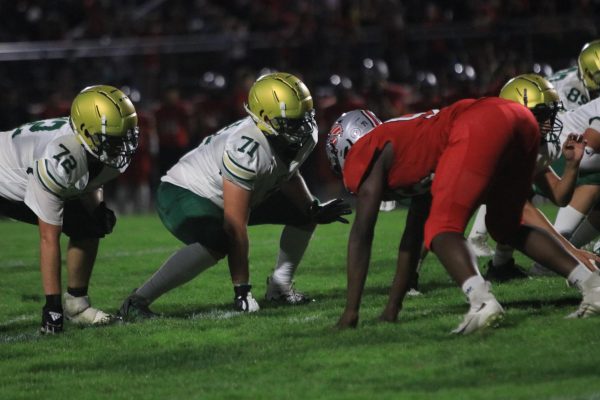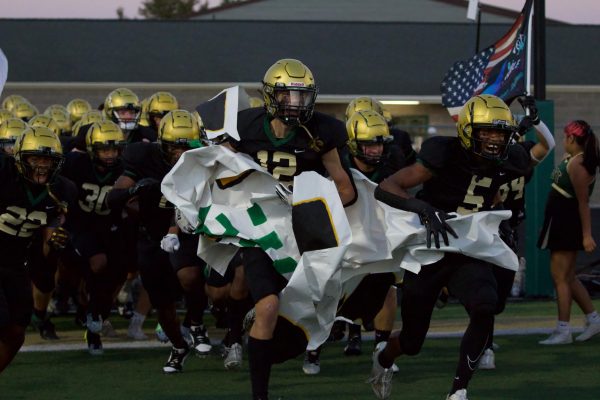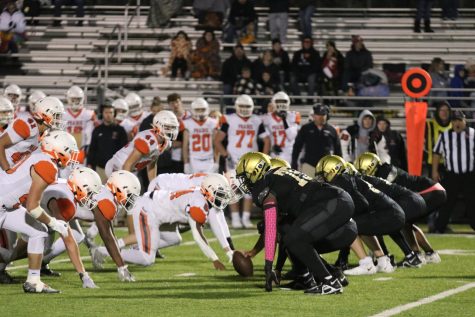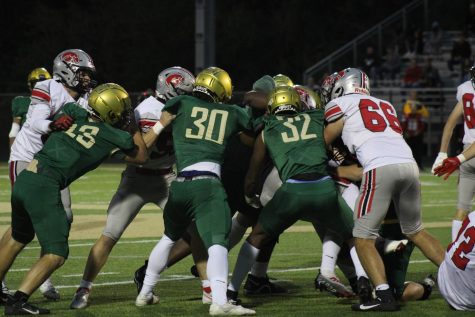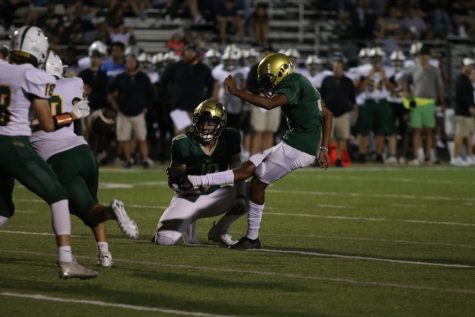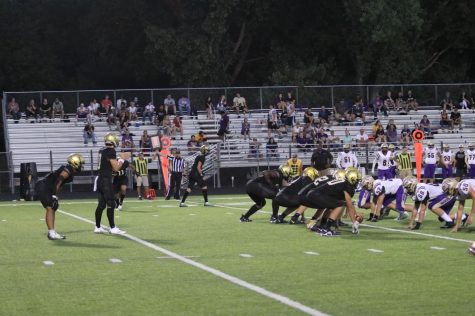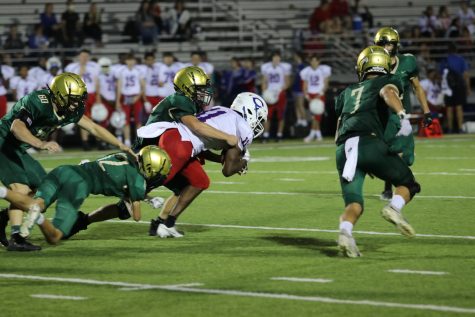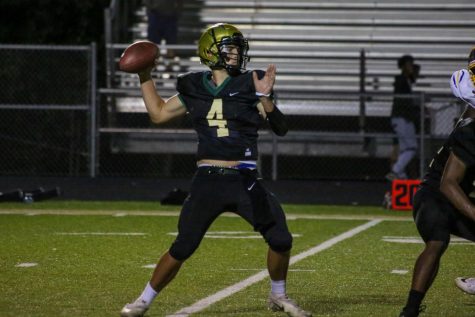A fumble for equality
With the increasing popularity of flag football, find out why, unlike popular opinion, the sport leads to gender discrimination.
While most people think the increasing number of states sanctioning girl’s flag football is a push for equality while ensuring the safety of players, it is the opposite.
As girl’s flag football continues to grow across the United States, the National Football League and Nike have launched initiatives to further grow the sport. Nike is offering $100,000 to states to pay for the implementation of girl’s flag football. The money can be used for jerseys, officiating, training and coaches.
The NFL is also making a case for adding flag football at the 2028 Olympics in Los Angeles due to its growing popularity worldwide. Likewise, instead of the annual tackle Pro Bowl game, the NFL switched to flag football, even having a woman coach one of the teams.
On the surface this looks like equality, girls are finally getting the chance to play football and large organizations are getting involved. However, the institution of girl’s flag football implies that girls are not tough enough to handle tackling. There is no reason why girls cannot play tackle football.
According to the NFL, participation in girl’s tackle football has increased in most states between 2008 and 2018. Utah and Texas have their own girl’s tackle football leagues (not sanctioned). The numbers may not be increasing as much as flag football, but there are more opportunities for girls to participate in flag football than in tackle football.
Six states have sanctioned girl’s flag football with California adding to that number for the 2023-24 school year. Though there are several tackle football leagues in various areas, states have not sanctioned the sport, making it inaccessible to most high school students. Instead of sanctioning flag football, why not sanction girl’s tackle football?
According to Deseret News, in Salt Lake City, Utah, six parents sued three school districts, claiming they had to provide separate girl’s tackle football teams under Title IX. A judge ruled that the schools did not have to provide a separate girl’s team because there was not enough interest and that as long as the football team was not called “boy’s football,” it fell under Title IX.
While this may be true, it doesn’t mean states can’t sanction girl’s tackle football. If states sanction tackle football, more girls will have the opportunity to play, causing the sport to grow in popularity. Hopefully, this will lead to girl’s tackle football in college and perhaps to the professional level.
Your donation will support the student journalists of West High School. Your contribution will allow us to purchase Scholarship Yearbooks, newsroom equipment and cover our annual website hosting costs.

(she/her) Yaya is a senior and this is her second year on staff. She is the sports editor and enjoys running cross country and track, making bracelets...



